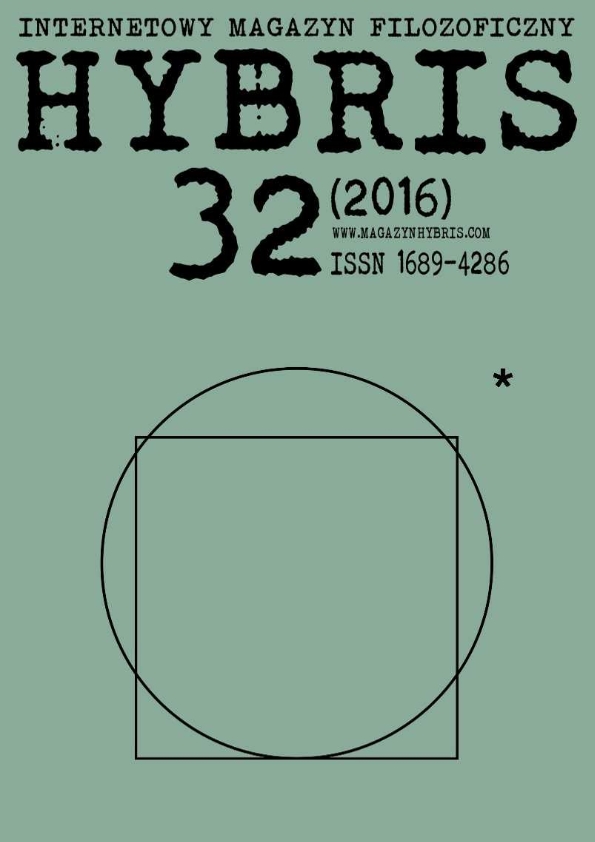WIE DAS ABSOLUTE ICH DAZU FÜHRT, DASS EINE QUAE QUAESTUM CORPORE EXERCENT IHR GEWERBE NICHT FÜR IHREN EIGENEN GENUSS, SONDERN LEDIGLICH FÜR DEN GEWINN BETREIBEN KANN. J. G. FICHTES ÜBERLEGUNGEN ZUR ONTOLOGIE DER WEIBLICHKEIT
AS THE ABSOLUTE I AM THAT A QUAE QUAESTUM CORPORE EXERCENT CAN NOT OPERATE YOUR BUSINESS FOR YOUR OWN PLEASURE, BUT ONLY FOR THE WINNING. J. G. FICHTES CONSIDERATIONS ON THE ONTOLOGY OF FEMINITY
Author(s): Wiesław MałeckiSubject(s): Gender Studies, Epistemology, Social Philosophy, Social history, Gender history, Hermeneutics, Ontology
Published by: Wydawnictwo Uniwersytetu Łódzkiego
Keywords: sex difference; marriage; man; woman; love; prostitution;
Summary/Abstract: The perspective of the history of sexuality, as suggested by M. Foucault, seems to be useful for the recognition of Eros in Fichte's philosophy as an element of the 18th Century widespread interest in human sexuality. An interest which, however, had a specific purpose. If one looks at the shape of his own thoughts about love, it is still difficult to find any motives that go beyond the legislation of the rational nature. Love did not come here to the people unexpected, it does not have any separate dialect here, and the sensitivity and sensuality of Eros are based more on the responsibility and the duty of self-sacrifice. Fichte also failed to overcome the Enlightenment paradigm in thinking about the woman. However, this review should not be definitive, in view of the peculiar character of Fichte's work, like his little-known early poetic attempts or the novella The Lovers’ Valley, certainly written in the spirit of Romanticism. It should therefore come as no surprise that for J. W. von Goethe Fichte not only rapidly becomes an artist-philosopher, but in particular a great inspiration behind the so-called "Jena Romanticism".
Journal: Internetowy Magazyn Filozoficzny HYBRIS
- Issue Year: 2016
- Issue No: 32
- Page Range: 60-72
- Page Count: 13
- Language: German

